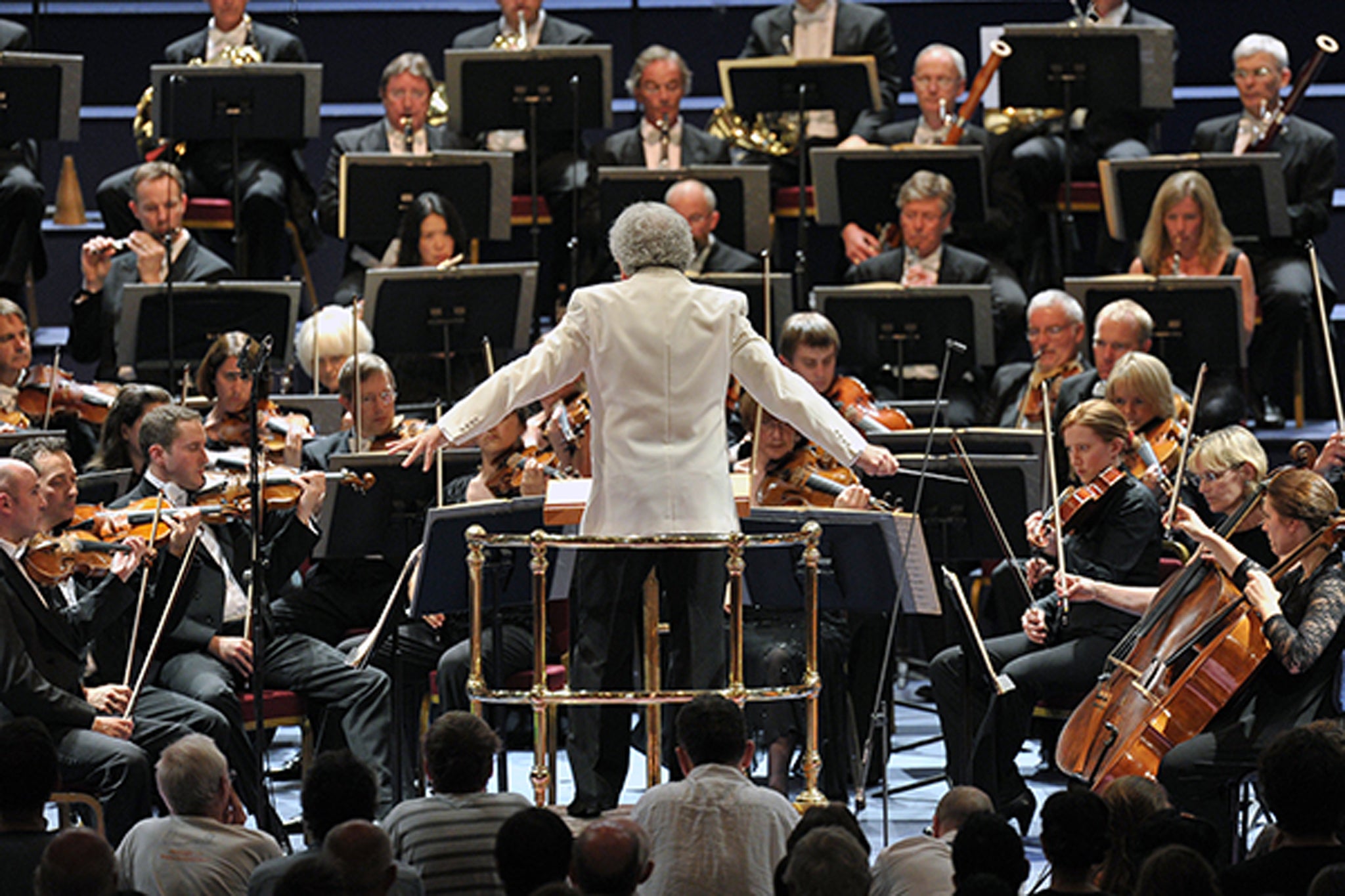Prom 15, review: Ingrid Fliter suffers temporary memory lapse
The BBC Symphony Orchestra helped her recover with consummate professionalism

Your support helps us to tell the story
From reproductive rights to climate change to Big Tech, The Independent is on the ground when the story is developing. Whether it's investigating the financials of Elon Musk's pro-Trump PAC or producing our latest documentary, 'The A Word', which shines a light on the American women fighting for reproductive rights, we know how important it is to parse out the facts from the messaging.
At such a critical moment in US history, we need reporters on the ground. Your donation allows us to keep sending journalists to speak to both sides of the story.
The Independent is trusted by Americans across the entire political spectrum. And unlike many other quality news outlets, we choose not to lock Americans out of our reporting and analysis with paywalls. We believe quality journalism should be available to everyone, paid for by those who can afford it.
Your support makes all the difference.Jonathan Dove is a composer refreshingly devoid of vanity: his style is tonal, and he aims above all to be useful, with a prolific output of community and youth operas for regions which classical music doesn’t normally reach.
His new work Gaia Theory was inspired by the books of James Lovelock: by the idea of Earth as a self-regulating organism, with ‘everything dancing together to achieve this balance’. He wanted to imagine ‘what Gaia theory might sound like as music’.
That sound made its first appearance as a dusting of high woodwind and light percussion, before settling into a series of repetitive grooves.
Initial thoughts of Steve Reich were dispelled as one realised that this music was not going to play intricate games with rhythm; there were echoes of Stravinsky, but without the excitement or tension; it was all very pleasant, with no hidden depths, and the audience loved it.
Ingrid Fliter was the soloist in Mozart’s Piano Concerto in A major K 488, delivering the opening Allegro with relaxed lyricism and a warm, full tone.
But in the middle of an exposed passage in the Adagio she suddenly got lost, and floundered desperately for two or three bars.
A ghastly moment, from which Josep Pons and the BBC Symphony Orchestra helped her recover with consummate professionalism.
Join our commenting forum
Join thought-provoking conversations, follow other Independent readers and see their replies
Comments